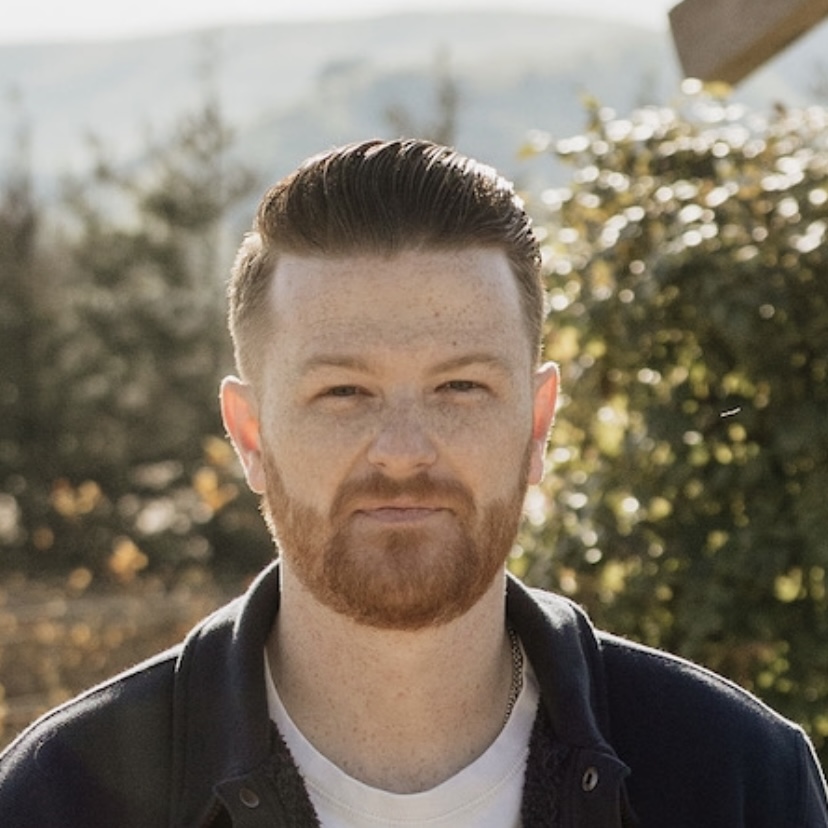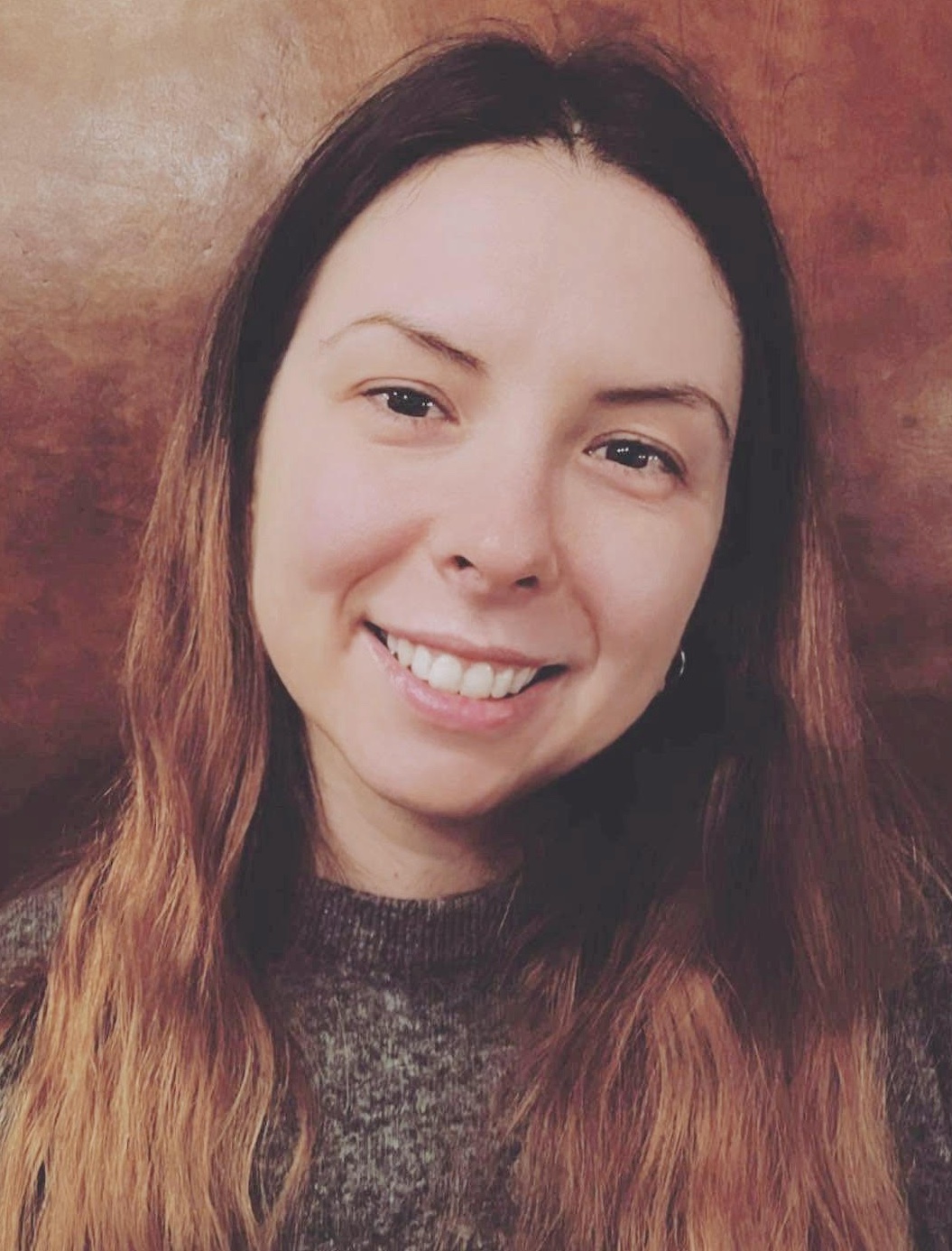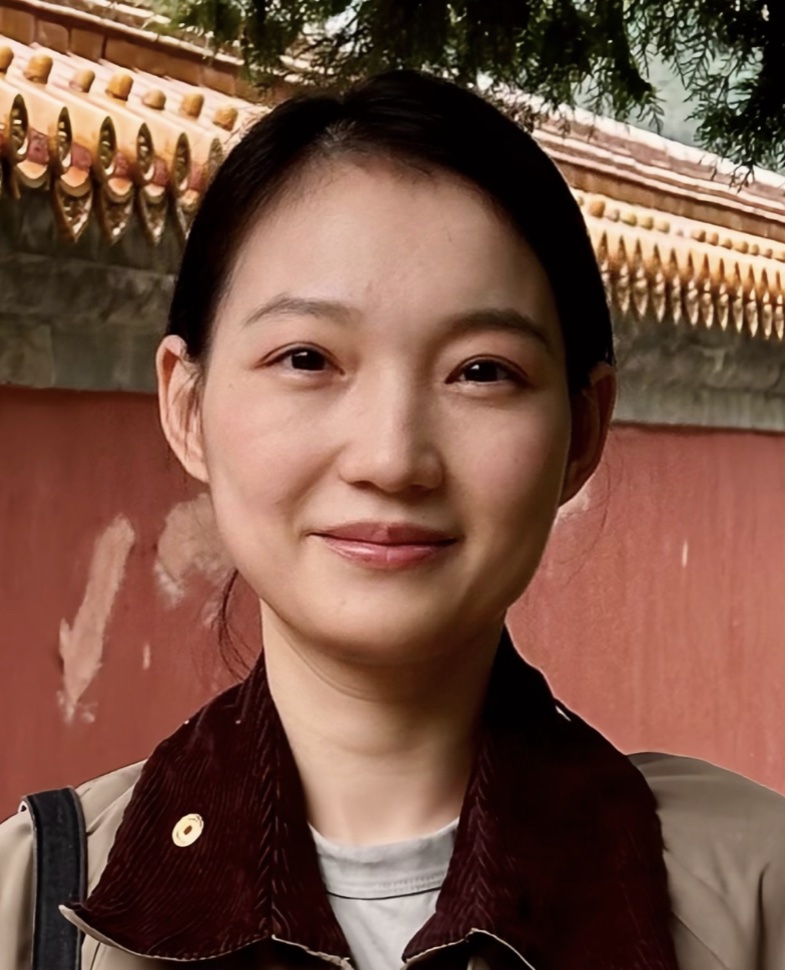nakamura lab
neurological disease
Lab Members
 |
Ken Nakamura, MD, PhD
Senior Investigator Dr. Nakamura’s research focuses on the normal functioning of mitochondria—the “power centers” of cells—which convert nutrients into energy. He also studies how disrupting mitochondria contributes to the development of neurodegenerative diseases, especially Parkinson’s and Alzheimer’s diseases. |
 |
Harrison Baker
Graduate Student Harrison is a California native from Sonoma County. He truly began his focused scientific career while at UC Davis under Dr. La Torre, who studied neuronal degeneration in the context of glaucoma. Graduating with a BS in Neurobiology, Physiology, and Behavior in 2020 led to an opportunity to work under Dr. Lisa Ellerby at the Buck Institute for Research on Aging. There, Harrison focused on age-related diseases specific to the brain such as Alzheimer’s, Huntingtin’s and Parkinson’s, gaining experience with mouse models and the various tasks and procedures for studies. Taking advantage of the Buck Institute’s partnership with Dominican University of California, Harrison was able to pursue an MS in Biological Sciences degree under the supervision of Drs. Lisa Ellerby, Claudio Hetz, and Danilo Medinas, graduating in 2024. Interested in utilizing iPSC and/or mouse models to uncover connections between cell-, tissue-, and organ-types, specifically how the nervous system is influenced by and influences other biological systems, especially in a temporal context. Outside of biology, some activities include fishing, video games, wine tasting, fish tank keeping, and improving at plant-parenting. |
 |
Bret Holt
Research Associate Bret received his BA in Psychology from UC Berkeley. He is currently investigating the molecular mechanisms underlying neurological diseases such as Parkinson's disease and epilepsy, and hopes to contribute to important therapeutic discoveries. Outside of the lab, Bret was a competitive rower and competed for the UC Berkeley and US Men's National teams. He loves to watch soccer and is currently on the hunt for the best burrito in San Francisco. |
 |
Saeed Fathi
Graduate Student I am an MSTP student interested in neurodegenerative disorders. Previously, I studied at Palomar Community College and then transferred to UCLA as a Regent Scholar to study Neuroscience and Biochemistry with a minor in Iranian Studies. During my undergraduate studies, I researched the role of reactive oxygen species in the proliferation of glioblastoma in Dr. Kornblum’s lab at UCLA. After graduation, I moved to Maryland to research ALS at the National Institutes of Health as an NIH Undergraduate Research Scholar. I worked in Dr. Avindra Nath’s lab at NINDS for three years before starting my MD-PhD program at UCSF in 2021. I am interested in neurodegenerative disease and want to pursue neurology for my medical specialty. I joined the Nakamura lab in 2023 to study the role of metabolism in different types of neurodegenerative disorders, including ALS/FTD and PD. |
 |
Kohei Kano, MD, PhD
Postdoctoral Scholar I'm from Japan and obtained an M.D. and Ph.D. from Asahikawa Medical University. Previously, with clinical experience as a neurologist, I worked on Pericytes-focused peripheral tissue regeneration research in In Vivo. From the perspective of tissue regeneration, I was interested in central nervous system regeneration in neurodegenerative diseases. I was deeply impressed with Nakamura lab's research on Parkinson's disease and started research on the theme of alpha-synuclein. Outside the lab, I enjoy playing the guitar, going on trips, and attending music festivals. |
 |
Jonathan Meng, PhD
Postdoctoral Scholar I grew up in Shenyang, China and moved to Santa Monica, California during high school. I double-majored in Chemistry and Mathematics at Williams College and completed my undergraduate thesis in organic synthesis. With the help of a Herchel Smith Predoctoral Fellowship, I then went to University of Cambridge, where I obtained my PhD in Biophysical Chemistry. My research has primarily focused on the effects of post-translational modifications such as phosphorylation on protein misfolding and cytotoxicity. I joined the Nakamura Lab to gain a more nuanced understanding of mitochondrial biology and pathology in the context of neurodegenerative diseases. When I am not in the lab, I like reading, traveling, photography, and spending time with my cats. |
 |
Katerina Rademacher
Graduate Student I grew up in rural Colorado before obtaining my ScB in Neuroscience at Brown University. During my undergraduate years, I did research related to axon guidance and characterization of a mouse model of ALS, which led me to my interest in neurodegenerative diseases. My primary focus in the Nakamura lab is to study mechanisms of midbrain neurodegeneration and selective vulnerability in Parkinson’s disease. Outside the lab, I enjoy crafting, playing the violin and viola, and exploring San Francisco and the Bay Area. |
 |
Yoshi Sei, PhD
Postdoctoral Scholar I am most interested in understanding disease pathology and the development of new technologies that enable the discovery of novel therapeutics. I completed a BS in Mechanical Engineering at the Johns Hopkins University and a PhD in Bioengineering at the Georgia Institute of Technology. My work focused on the development of microfluidic technologies to mimic the physiological conditions of cardiovascular disease and to monitor vascular cell responses to engineered high-density lipoproteins. My other projects focused on high-density lipoprotein heterogeneity and its role in neurodegenerative diseases. Interested in exploring the depths of neurodegenerative diseases, I joined the Nakamura Lab in 2020 to probe cellular energy irregularities in Alzheimer’s Disease and Parkinson’s Disease. My hobbies include tennis, video games, cooking, and playing the piano. |
 |
Yanilka Y. Soto-Muñiz
Graduate Student I grew up in Isabela, a small beach town in Puerto Rico. I obtained my bachelor’s degree at the University of Puerto Rico, Rio Piedras in Cellular and Molecular Biology. During those years, I was a fellow of the NIH-Blueprint Program for Enhancing Neuroscience Diversity through Undergraduate Research Education Experiences. I became very interested in understanding the mechanisms underlying neurological diseases, aiming to improve and develop treatments. That led me to join the Neuroscience Graduate Program at UCSF in 2020, where I am currently a student in the Nakamura lab. Here, I am studying the molecular mechanisms of energy metabolism in neurons and how these processes are disrupted in neurodegeneration. I’m also passionate about outreach programs for increasing diversity and I plan on actively contributing to a more inclusive scientific community during my years as a graduate student. In my free time, I like to do yoga, exercise, go on road trips, and travel. |
 |
Joyce Yang
Graduate Student I was born and raised in Phoenix, Arizona before uprooting to the east coast for undergrad at MIT, where I double majored in Brain & Cognitive Sciences and Biology. I spent most of my college years in labs researching chronic stress and alcoholism. Following graduation, I stuck around Boston for a couple years at MGH to develop optimized methods for multi-photon imaging in Alzheimer’s rodent models. I have a strong interest in neurodegenerative disorders, with a focus on correlations between metabolism, diet, and Alzheimer’s disease. In my free time, I love playing and learning new instruments, traveling, and camping out at cafes. |
 |
Tamara Vasilkovska, PhD
Visiting Postdoctoral Scholar, Co-Mentored with Jeremy Gordon (UCSF) I come from a very small country in Southeast Europe, North Macedonia, where I obtained my MD degree. As my interests shifted towards science, I pursued an MSc in Molecular Medicine (major in Neuroscience), at the University of Tübingen in Germany, where my work focused on functional neuroanatomy in fear-related brain circuits. I then obtained my PhD in Biomedical Sciences at the University of Antwerp in Belgium, where I performed biomarker discovery in a preclinical model of Huntington’s disease, using multimodal MRI techniques and immunofluorescence. Recently, I started my postdoctoral training at UCSF, working on brain energy metabolism in health and disease, using in-vivo hyperpolarized MRI. I subsequently joined the Nakamura lab, which has broad expertise in the field of energy metabolism in neurodegenerative disease. In my free time, I enjoy reading, going to concerts, hiking, and exploring. |
 |
Lingling Zhang, PhD
Postdoctoral Scholar I grew up in Jiangsu, China, and completed my PhD in Pathology and Pathophysiology at the Shanghai Institute of Nutrition and Health, Chinese Academy of Sciences. During my doctoral research, I led a project investigating the role of lactate metabolism in skeletal muscle, particularly focusing on the effects of MCT1 deficiency. MCT1 is also abundantly expressed in the brain, where it plays a critical role in lactate signaling between astrocytes and neurons. My findings in muscle physiology sparked a deeper interest in the role of metabolism in brain function and disease, ultimately leading me to pursue a postdoctoral position in the Nakamura lab. Outside of research, I’m an avid cat lover and enjoy spending time with my cats. I also have a passion for hiking, photography, and traveling. |
Join the Nakamura Lab
NOMIS-Gladstone Fellowships
This interdisciplinary training and research program offers exceptional postdoctoral scientists the freedom to address big unanswered questions at the intersection of two or more scientific disciplines.
Lab Alumni
- Oluwole Alese - Assistant Professor (Adjunct) Department of Health and Exercise Science, University of St. Thomas, MN; Research Coordinator CentraCare Research Institute, University of Minnesota
- Neal Bennett - Assistant Professor, OHSU
- HuiHui Li - Associate Professor, School of Medicine, Xiamen University, China
- Mai Nguyen - Senior Scientist, Eikon Therapeutics
- Dominik Haddad - Associate Director, Alector
- Maxwell Darch - Technical Services Scientist, BD Biosciences
- Amandine Berthet - Visiting Scientist, Mucke Lab
- Bryce Mendelsohn - Medical Geneticist, Kaiser Permanente
- Adam Orr - Assistant Professor, Weill Cornell Medicine
- Divya Pathak - Business Analytics, Blue Shield
- Hwajin Kim - Research Professor Gyeonsang National University, Korea
- Sarah Kotowski - Associate Manager, Medical Writing, Gilead Sciences
- Zak Doric- Investment Partner, Andreessen Horowitz (venture capital science technology)
- Szu-Chi Liao - Postdoctoral Scholar in Biochemistry and Biophysics, UCSF
- Lauren Shields - Head of Solutions Delivery, Benchling
- Lillie Bui - MD/PhD student, UNC Chapel Hill
- Megan Lee - Neuroscience Graduate Student, Brown University-NIH Graduate Partnership Program
- Kevin Nguyen - Medical Student, Medical College of Wisconsin
- Derek Cousineau - Molecular Biology Lab Technician, Audentes Therapeutics
- Katharine Yu - Bioinformatics Scientist, Atreca
- Wei Lin - Dentist, New Mexico
- Viktoriia Kolotovska - Project Coordinator, UCSF Benioff Children’s Hospital
- Jue Zhang - Physician, Internal Medicine, Kaiser San Francisco

